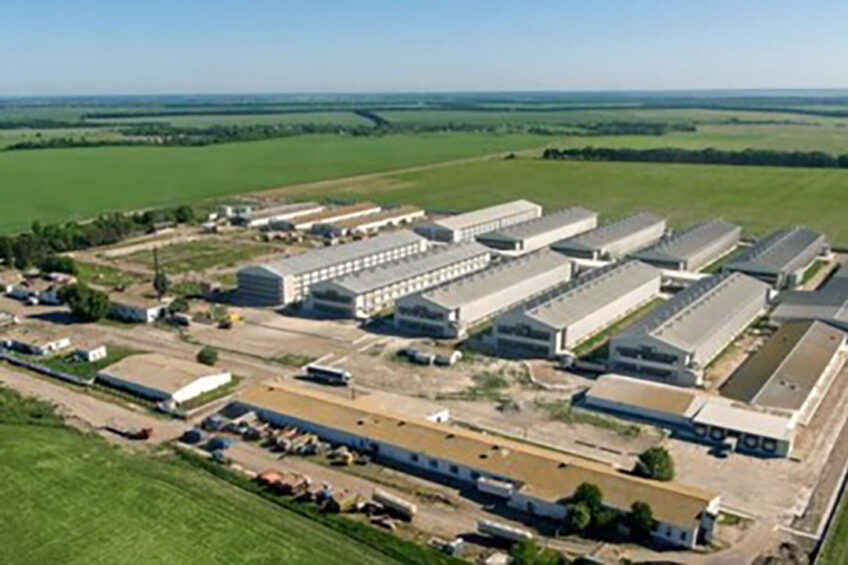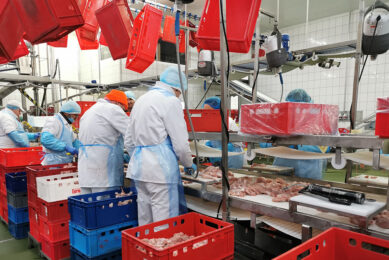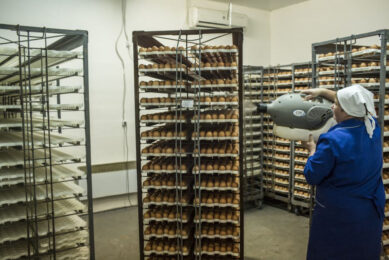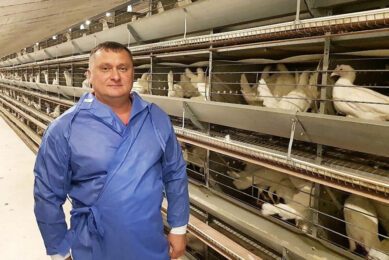Ovostar Union sees minor operational disruptions due to the war

Ukraine’s second-largest egg producer, Ovostar Union, said that operations continue at most production and processing facilities despite the war.
Ovostar Union’s major production facilities are in the Kyiv region, in Fastivskyi and Bilotserkivskyi districts, where no severe hostilities have taken place. The poultry houses in Vasilkiv and Stavyshche, as well as the egg-processing factory in Vasilkiv, remain physically undamaged and remain operational.
On the other hand, the egg-processing factory in Makariv, Kyiv region, had been temporarily shut down until the city was de-occupied by the Ukrainian military forces at the end of March.
“The subsequent inspection of the factory showed signs of non-critical damages to administrative and manufacturing buildings. The production equipment and stocks of egg products are fully intact. Management expects to put the factory back in operation once the repairing works of the premises are completed,” the company said.
The supporting facilities accommodating the hatchery, poultry houses for parent flock, and young layers have not been affected and are being used in accordance with the technological process, the company added.
The layers’ flock has been preserved at the level stipulated by the pre-war production plan. Minor modifications have been introduced to optimise egg production volume and offset the effect of oversupply on the local market caused by the export collapse in the first weeks of the military action, Ovostar Union said.
Sales remain stable
Despite a temporary disruption of exports, Ovostar Union expects its sales to remain stable compared with the previous year’s level.
The share of sales in the most affected regions does not exceed 10%. The loss of the market in the east and south of the country could supposedly be offset by the increasing demand in central and western Ukraine, where large numbers of internally relocated people temporarily reside, the company said.
Since the start of the military campaign, Ovostar Union faced significant obstacles to export due to the serious disruptions in logistics. In particular, the seizure of Odesa port operations cut access to the Middle East markets, where the commodities were shipped by sea. Overland deliveries to EU countries resumed in early April after the specific license had been issued to the company, the company added.
On the other hand, disruption in operations of many Ukrainian food manufacturing companies and HORECA naturally led to the decrease in demand for egg products, which is why smaller volumes of eggs have been allocated for processing since the end of February.
 Beheer
Beheer








 WP Admin
WP Admin  Bewerk bericht
Bewerk bericht